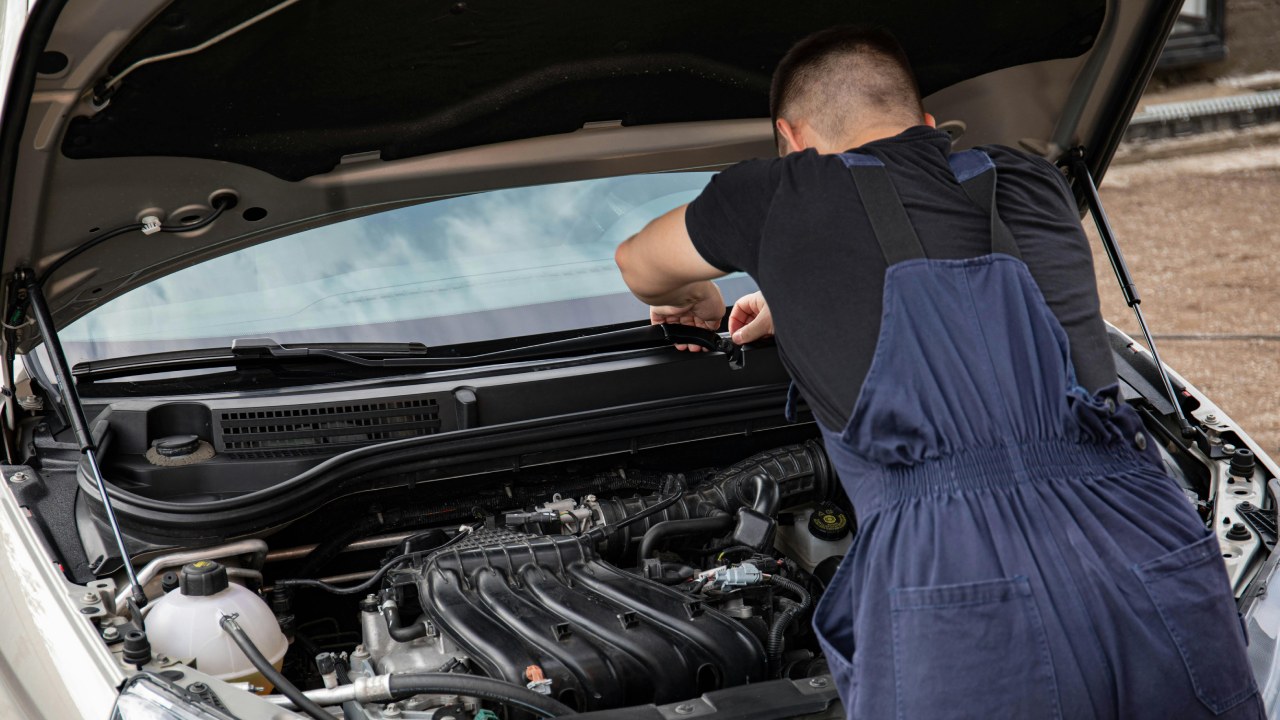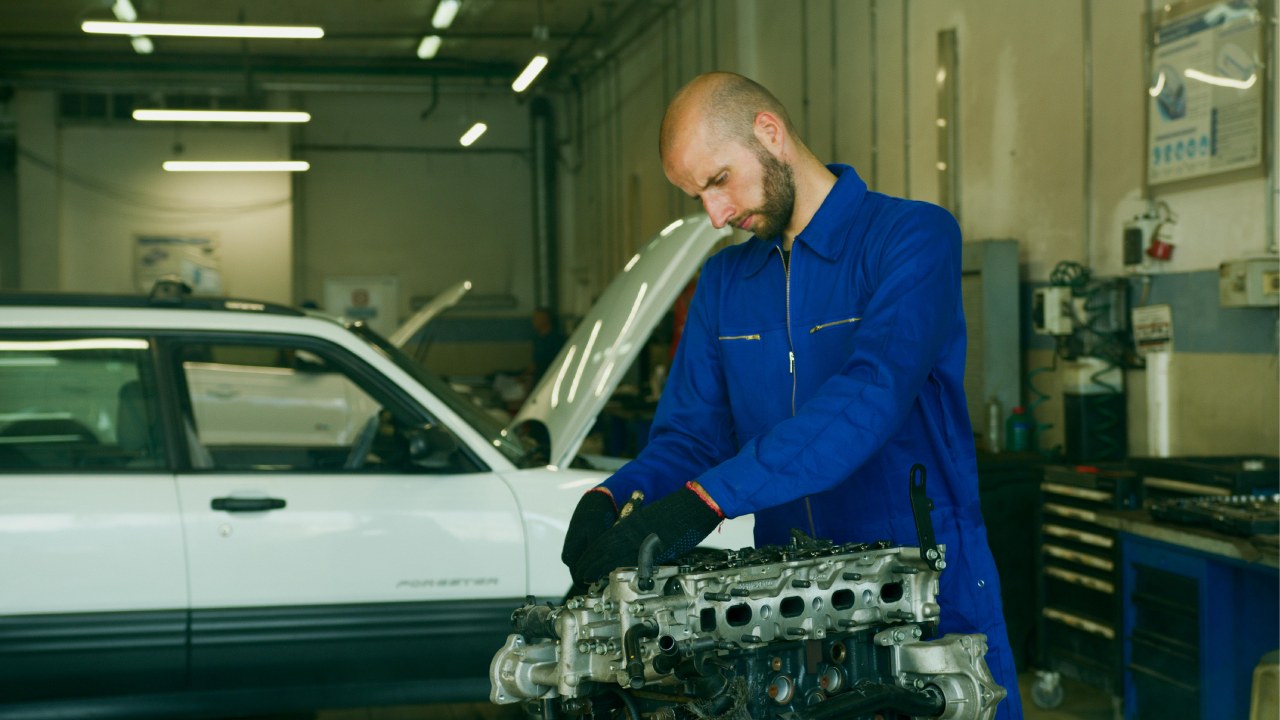Owning a car is a liberating experience, providing freedom and convenience. But along with that freedom comes the responsibility of maintenance and repairs. Unfortunately, navigating the auto repair world can sometimes feel like driving through a minefield. Unscrupulous mechanics and repair shops can take advantage of unsuspecting car owners, leading to unnecessary costs and headaches. In this post, we will explore common auto repair scams, share insights on how to avoid them, and provide stories from real customers who learned valuable lessons. Whether you’re a first-time driver or a seasoned vehicle enthusiast, this guide will help you protect yourself from falling victim to auto repair scams.
Identifying Common Auto Repair Scams
Inflated or Unnecessary Repairs
Imagine taking your car in for a routine oil change, only to be told that you need a host of other repairs urgently. One of the most prevalent scams in the auto repair industry involves inflating repair costs or recommending unnecessary services. Mechanics might prey on those who are less knowledgeable about cars, suggesting repairs that aren’t needed. By exaggerating the severity of issues, they can pad the bill and boost their profits.
Being aware of this scam is crucial. Always ask for a detailed breakdown of why each repair is necessary and seek a second opinion if something doesn’t feel right. Remember, if you’re being pressured to decide on costly repairs immediately, it’s a red flag. Taking the time to research and compare opinions can save you money and stress.
Bait-and-Switch Tactics
Another common tactic is the bait-and-switch. This involves luring customers in with low prices, only to upsell services once the vehicle is in the shop. You’ve likely seen those enticing offers for a $19.99 oil change or a free brake inspection. While these deals might seem appealing, they can sometimes be too good to be true. Once your car is in the shop, mechanics might claim additional issues need addressing, each with its own hefty price tag.
To guard against these tactics, it’s wise to verify any advertised deals before committing. Ask if there are any conditions or additional costs involved. It’s all about transparency. A reputable shop will provide clear information without hidden fees, and if they don’t, it might be time to take your business elsewhere.
Fake Discounts
Discounts can be a great way to save money, but not all discounts are genuine. Some repair shops might advertise fake discounts to lure customers in, only to inflate the base cost beforehand. This way, they make it seem like you’re getting a deal when, in reality, you’re paying the same or even more than you should.
To avoid this scam, always ask for a detailed invoice. Compare the discounted price to the regular market rate. This will give you a clearer picture of whether you’re truly getting a bargain. Remember, a genuine discount will offer a competitive advantage, not just match what’s already out there.
Tactics to Avoid Falling for Auto Repair Scams
Research and Planning
One of the most effective ways to shield yourself from scams is through thorough research and planning. Before choosing a repair shop, check their reviews online. Platforms like Google, Yelp, or specialized car forums can provide insights into other customers’ experiences. If several people report similar complaints or scams, it’s a strong indicator to steer clear.
Additionally, planning your car maintenance ahead can help. Don’t wait for a crisis to arise. By scheduling regular check-ups and keeping track of your car’s health, you can minimize unexpected repairs and associated costs. Being proactive can save you from reactive, costly decisions.
Understanding Your Vehicle
Knowledge is power, especially when it comes to your car. While you don’t need to be a mechanic, having a basic understanding of your vehicle’s components and common issues can be a game-changer. Knowing the expected lifespan of parts like brakes or belts gives you an idea of when replacements are legitimately due.
Consider investing time in a car maintenance workshop or online course. The more you know about what goes under the hood, the less likely you are to be duped. Knowledge empowers you to question unnecessary repairs and builds confidence when discussing issues with a mechanic.
Asking the Right Questions
When dealing with auto repair shops, asking the right questions can make all the difference. Before approving any work, inquire about the mechanic’s qualifications, the warranty on parts and services, and a detailed explanation of the repairs. Questions about the necessity and urgency of each repair can also clarify whether they are truly needed.
Don’t hesitate to ask for a detailed estimate before any work begins. A trustworthy mechanic will be transparent about costs and fees. By being assertive and inquisitive, you set the tone that you’re informed and expect honest dealings.
Real Customer Stories and Lessons Learned
John’s Costly Brake Job
John, a first-time car owner, learned a tough lesson when he took his car in for a routine brake check. What began as a simple inspection quickly spiraled into a costly ordeal. The mechanic insisted that his rotors were damaged and needed immediate replacement, costing over $1,000. Feeling unsure, John reluctantly agreed, only to find out later from a trusted friend that his rotors were perfectly fine.
John’s story emphasizes the importance of getting a second opinion. By consulting multiple sources, he could have avoided unnecessary expenses. His experience serves as a reminder to trust your instincts and seek validation when something doesn’t feel right.
Lisa’s Discount Debacle
Lisa, an avid bargain hunter, was thrilled when a local shop offered half-price oil changes. She booked an appointment, excited to save money on regular maintenance. However, once at the shop, she was informed of several “urgent” repairs needed, totaling more than $500. The discount had lured her into a web of upsells.
Lisa realized that she should have researched the shop beforehand. Her experience highlights the necessity of evaluating deals critically and ensuring they’re legitimate. By verifying discounts and reviews, you can avoid being ensnared by fake promotions.
Mark’s Transmission Trouble
Mark, a seasoned driver, faced an unexpected challenge when his car’s transmission started acting up. He visited a repair shop known for its quick fixes, only to be told that his entire transmission needed replacement. Sensing something off, Mark decided to consult another mechanic, who diagnosed a minor issue that cost a fraction of the initial quote.
Mark’s story reinforces the value of understanding your vehicle and seeking multiple opinions. His decision to question and explore alternatives saved him considerable money and stress. It’s a testament to the importance of being vigilant and informed.
Drive with Confidence
In conclusion, knowing common auto repair scams and how to avoid them empowers car owners to make informed decisions. By recognizing inflated repairs, bait-and-switch tactics, and fake discounts, you can protect your wallet and vehicle. Taking proactive steps like researching shops, understanding your car, and asking the right questions all contribute to a smoother, scam-free experience.
Staying informed and vigilant is the key to safeguarding yourself against auto repair scams. Share this blog post with fellow car owners, first-time drivers, and vehicle enthusiasts who could benefit from these insights. Together, we can drive with confidence, knowing we’re equipped to handle whatever the road throws our way.
If you have questions or need support, feel free to reach out. We’re here to help you stay informed and empowered in your car care journey.


